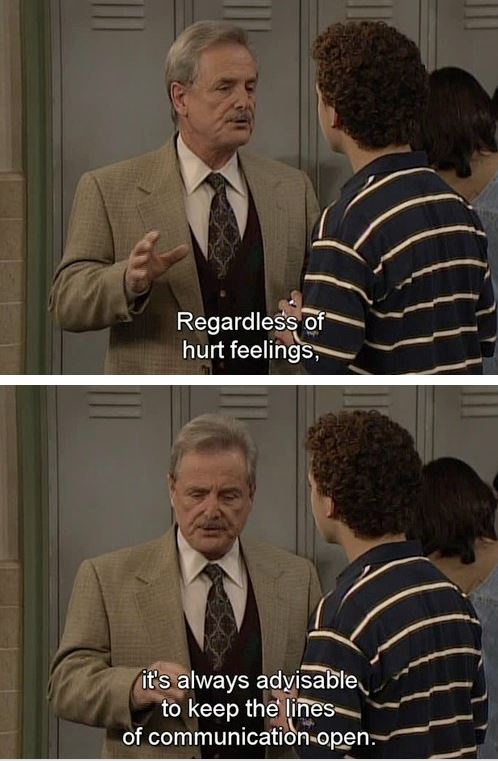What do you do when your student shows up late and doesn’t apologize? And then continues to show up tardier and tardier each lesson. Do you yell at them? Call them out in front of the class? Do you make them do push-ups? Pay a fine? Force them to stand for the remainder of your lesson?

A good teacher understands that punishing their students isn’t going to help them. At some point in your career, a student is going to upset you. They’re going to get under your skin and you’re going to want to punish them SO BAD – but you’re better than that.
Remember, the only immediate decision you have to make in the classroom is to dial 911. You’re allowed to take your time and make the correct decision, just ensure the student in question and the classroom is aware that a decision is coming. Otherwise, they’ll just walk all over you.
I know, I know, everyone wants to be the cool teacher – but does the cool teacher get anything done? It might look like they’ve created meaningful relationships, but what’s happened is they’ve forgotten the rules and policies and have become more of a friend than a teacher. Students need love, they need respect, and they need rules and structure – not another friend.
Rules exist because they work. Work your students to the bone with the school policies in the first month, ensuring they know and are aware of the consequences of their actions if they choose to break them. If rule breaking (e.g. showing up late) is occurring in your classroom, possibly mention to the student that you’d like to see them after class. A student showing up late disrupts your teaching which then disrupts the learning. That’s not fair to your class. Definitely do not ask them what’s going on in front of their peers, because you never know what a student carries around in their invisible backpack.
No one likes letting his or her teacher down. When you pull them aside after class or on their lunch period, find out what is preventing them from being on time so that you can resolve the issues. Then tell them what you need from them to be a better student.
If you remember anything, remember this: If you are an English teacher, you do more than just teach English. Do not let this title define you. You teach the whole child and your classroom management strategies and policies should reflect this concept.

